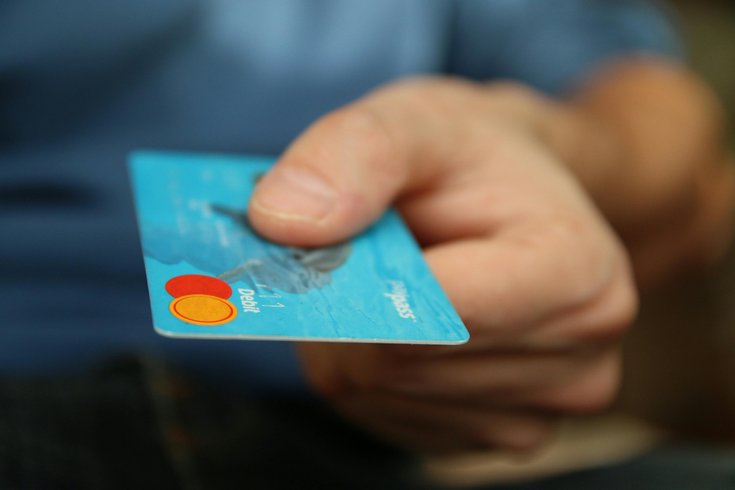
March 27, 2025
 Pixabay/Pexels
Pixabay/Pexels
The 'No Buy 2025' social media campaign encourages people to eliminate unnecessary spending throughout the year, buying only what is necessary and avoiding splurging on the non-essential.
In a reversal of the purchase reveals that TikTokers are famous for – opening packages and showing off new goods for viewers – a fresh social media trend is taking hold: "Low Buy 2025."
The idea behind the trend, also known as "No Buy 2025," is to eliminate unnecessary spending throughout the year, buying only what is necessary and avoiding splurging on the non-essential.
"For some, it can feel a bit restrictive, especially if you're used to little 'treat yourself' purchases," Bernadette Joy Cruz Maulion, the author of "Crush Your Money Goals" told HuffPost earlier this year. "If it feels too intense, it could lead to a bit of burnout or even a splurge at the end."
But in a world where people are barraged with ads curated by algorithms every time they scroll on social media apps, many face mounting debt and regret. Cutting back may be necessary for both the pocketbook and peace of mind, experts say.
"Consuming the way we consume is a full-time job in itself," Aja Barber, the author of "Consumed," told the Washington Post in January. "You don't notice until you stop because it's so incredibly normalized."
A 2023 survey found that 40% of social media users in the United States had made impulse purchases over the prior 12 months. Their purchases totaled $71 billion.
"The more time you spend on social media, the more inclined you are to engage with your favorite brands but also buy impulsively, make unplanned purchases," Angeliki Nikolinakou, an associate professor at the University of Western Macedonia in Greece who has researched impulse buying, told the New York Times last month.
The craving for the immediate gratification that online shopping taps into our hard-wiring, Joseph Kable, a cognitive neuroscience researcher at the University of Pennsylvania, told Time in 2022.
"This is a tendency that's universal among people and is shared across much of the animal world," he said. "People and other animals tend to discount outcomes in the future, relative to outcomes that are immediate. This means we prefer to have good things as soon as possible, and to postpone bad things as far as possible in the future."
Delaying gratification – more precisely the ascetic appeal of buying only what is needed – has become a new kind of obsession for some, a formal TikTok challenge with rules. Shedding the weight of overconsumption may feel liberating.
"It's amazing how you get out of the habit of consuming when you're living your life using the things you already have," Barber told the Post.
Shopping addiction is characterized by an overwhelming, excessive desire to buy things that lead to regret and other negative emotions, according to the Addiction Center.
Some of the telltale signs of shopping addiction, or compulsive shopping, according to the Cleveland Clinic, include:
• Shopping is your default
• Shopping is a hobby, maybe your main or only hobby
• Buying things you don't need
• Frequently making returns
• Buying to escape negative emotions
• Feeling regret after buying something
• Overspending negatively affecting other areas of life
• Lying about financial purchases
• Maxing out credit cards
The Cleveland Clinic also offers some tips for curbing addictive shopping:
• Pause and reflect: ask yourself if you really need the things you are about to purchase.
• Set a budget.
• Stay off social media and shopping apps.
• Only carry cash.
• Restrict access to credit cards.
Debtors Anonymous offers 12-step meetings for people who feel they have a shopping addiction. The Substance Abuse and Mental Health Services Administration also offers resources and a 24/7 helpline: 1-800-662-4357. Call, text or visit the 988 Suicide and Crisis Lifeline.